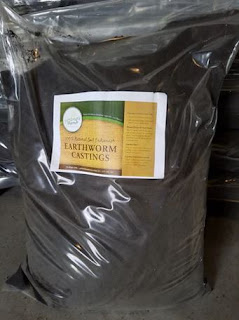Common Signs Your Garden Plants Are Dying
Rows of greenery across the garden may be satisfying to watch, but you never see the deteriorating part inside the stems. Although plants may not walk and talk like humans, they need adequate water and minerals to survive their domesticated surroundings. If you want to see your seasonal veggies and flowers flourishing in the landscape, beware of factors that can ruin them.
Here are common signs that your plants are dying.
Yellow leaves
While a plant may have any color that blends with its habitation, most garden plants and trees have green leaves. We know the change of season by looking at the leaves of particular plants. For example, a plant may have its leaves turned brown and yellow in the fall. However, if the leaves do not come back as shiny green in the spring, your plant might be lacking enough water and minerals.
Slow growth
You expect some vegetables such as tomatoes, peas, and cucumber to develop stems and leaves in a few weeks. If the seeds fail to grow sprouts during the expected time, there must be some problem with the process. Poor soil condition, pestilence, and lack of minerals are some factors in reducing the growth. Plants and soils are not holding water even if you provide it regularly. Consult a garden expert to check your plants before they perish.
Shrinking leaves
Newly grown nursery plants usually have thick leaves that shine and are healthy. They may shed their leaves at the arrival of cold seasons but will produce new ones in the next spring. Failing to come back to form due to smaller leaves can be distracting and ugly. Some people might ignore it as a nature’s cause, but it could be a serious issue regarding the climate and soil conditions.
Wilting leaves
When flower petals or leaves turn whither like herbarium products, you might think that a new bud will replace them very soon. Your expectation could go in vain if the plant does not offer you the original beauty anymore. In this situation, you cannot save anything by watering or putting fertilizer. Getting a proper lesson on gardening is the best to learn lessons on plant problems and their solutions.
After acquiring sufficient knowledge about private farming and gardening, invest in organic fertilizer worm castings. These products support natural growth boosters in case of nutrient deficiency.




Comments
Post a Comment